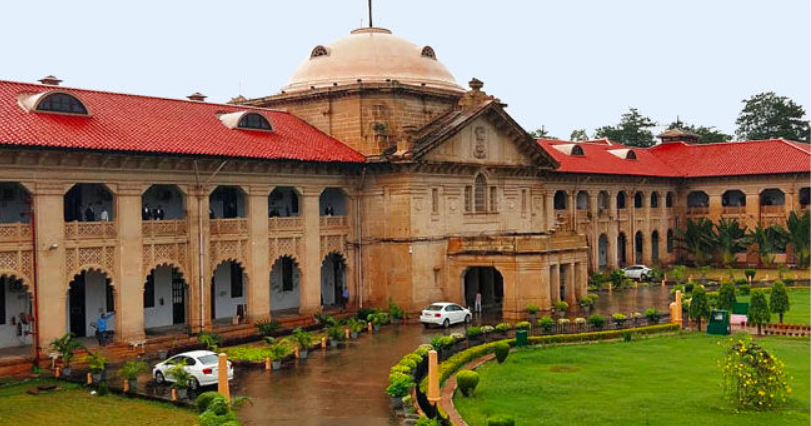The judiciary concluded that the extraordinary circumstances of the COVID-19 pandemic warranted adjustments to some established legal norms. The Madras High Court upheld a directive from the Tamil Nadu government that allocated additional marks as incentives for government doctors who had served during the COVID-19 crisis.
The directive in question was introduced amidst the selection procedures for the state’s assistant surgeons. The judicial panel, which included Chief Justice SV Gangapurwala and Justice D Bharatha Chakravarthy, recognized that the pandemic necessitated alterations to certain legal precedents in various ways. Furthermore, the incentive scheme was extended by the court to cover postgraduate medical students who had been deputed to state-run hospitals during the pandemic.
It was acknowledged that postgraduate students, having worked in the COVID wards of these hospitals, took comparable risks and made similar efforts as their medical officer counterparts, thus earning the right to parity in the allocation of incentive points.
The court’s decision highlighted the importance of expressing gratitude and acknowledging the services rendered by medical professionals, stating that these principles are cornerstones of our constitutional ethos. It emphasized that denying the incentive in the current selection phase would be unjust.
The petitions before the court were challenging the government’s order dated August 17, 2023, which conferred additional marks to medical staff who served during the pandemic, and sought similar benefits for postgraduate medical students.
The critics of this order argued that the decision to grant these marks came after the written examination for the assistant surgeon’s role was already complete, suggesting that it was unfair to change criteria during an ongoing selection process.
The final key for the assistant surgeons’ exam, conducted on April 25, was released on June 23, following which a group of doctors petitioned on July 13 for additional points in acknowledgment of their COVID ward service. This led to the issuance of the disputed government order on August 17.
Some doctors also contended that the order unfairly excluded those serving in private facilities during the pandemic. Postgraduate students argued that their compulsory service during the pandemic justified their receipt of incentive marks.
In its verdict, the High Court confirmed the order and dismissed the criticisms about its timing and the exclusion of private hospital doctors. Nevertheless, it agreed with the postgraduate students that they deserved the benefits of the order.
The court asserted that the challenged interpretation of the order, which seemed to exclude postgraduate students on the grounds of it being part of their training, was incorrect and not in alignment with the law. It also suggested that the public interest would be best served by extending the incentive to these students, given their advanced level of education.
The court further directed that postgraduate students could seek a COVID duty certificate from the appropriate authorities.
The court stipulated that any postgraduate student who had served in government hospitals during the pandemic could approach the designated authority for a COVID duty certificate within ten days from the date of the judgment.



